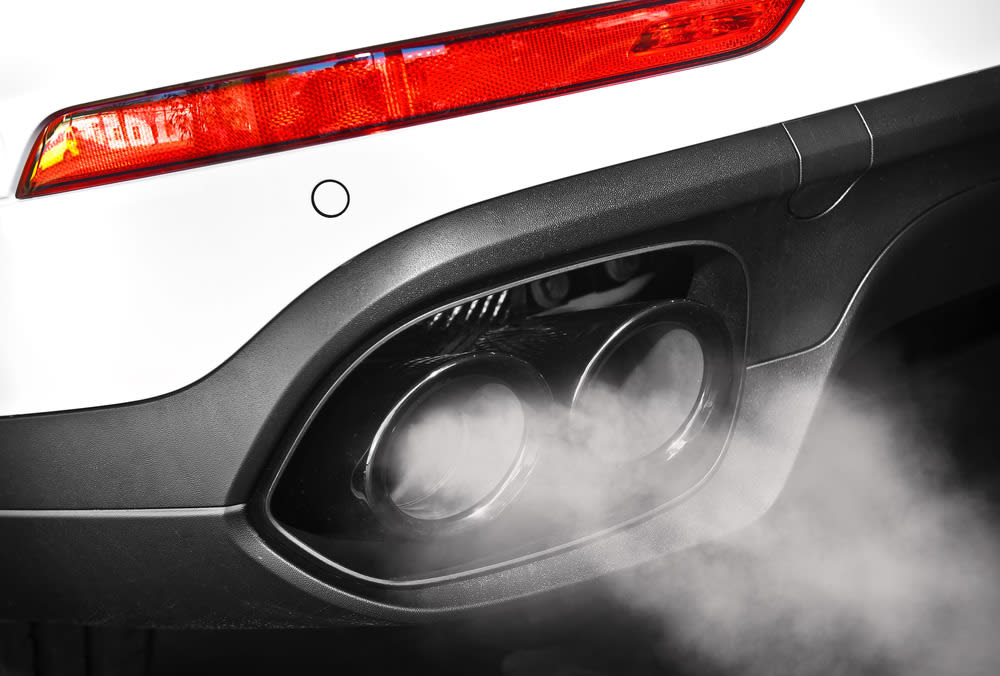

Your engine runs on combustion – fire – which creates exhaust gases. A wide range of gases are produced during normal operation, and they must be controlled because many of them become pollutants when released into the atmosphere. It’s actually a common misconception that the on-board diagnostic (OBD) system on your car detects gases, but it doesn’t. It detects malfunctions with emissions equipment (the catalytic converter, oxygen sensors, fuel tank purge valve, etc.).
Oxygen sensors
Part of the confusion here surrounds the catalytic converter and the car’s oxygen sensor(s). Your car may have one or two catalytic converters, and one or more oxygen sensors (some have multiple O2 sensors located at different points in the exhaust system.)
The catalytic converter is located around the midway point in the exhaust on most vehicles (this can vary, though). Its job is to heat up and burn away exhaust gases present in all automobiles. However, the OBD system does not measure these gases, with the sole exception of oxygen.
Oxygen sensors (or O2 sensors), are responsible for measuring the amount of unburned oxygen in your car’s exhaust, and then transmitting that information to the car’s computer. Based on the information from the O2 sensors, the computer can adjust the air/fuel mixture to ensure that it doesn’t run lean or rich (too little oxygen or too much oxygen, respectively).
Other components monitored by the OBD system
The OBD system monitors a number of different components tied to the fuel/evap system, emissions system, and other systems, including:
- EGR valve
- Thermostat
- Catalyst heater
- Positive crankcase ventilation system
- Some components of the AC system
However, the OBD system does not monitor gases – it monitors voltage and resistance that could indicate a problem with those components (and therefire with the overall emissions of the vehicle itself).



